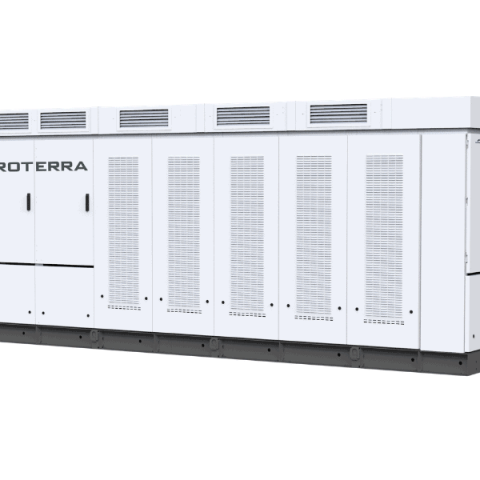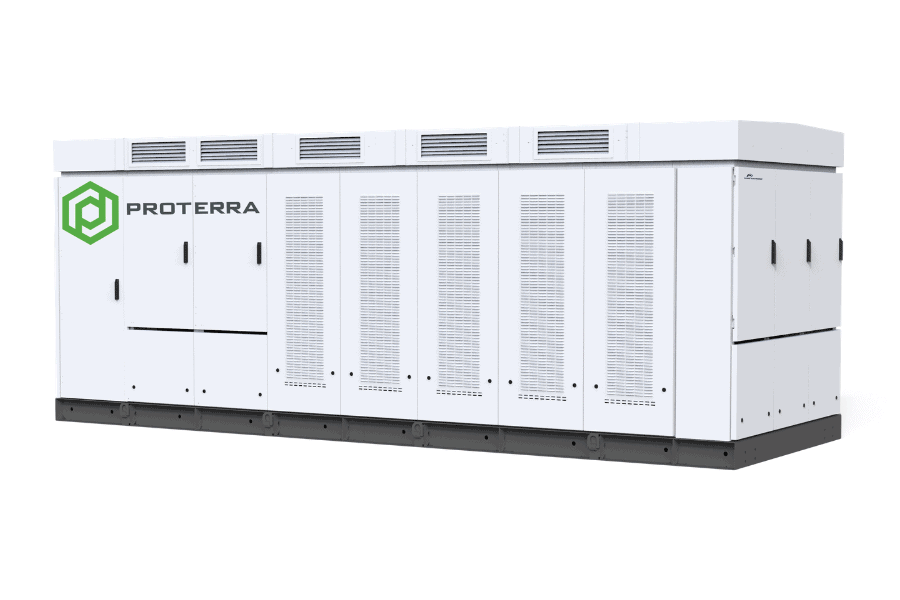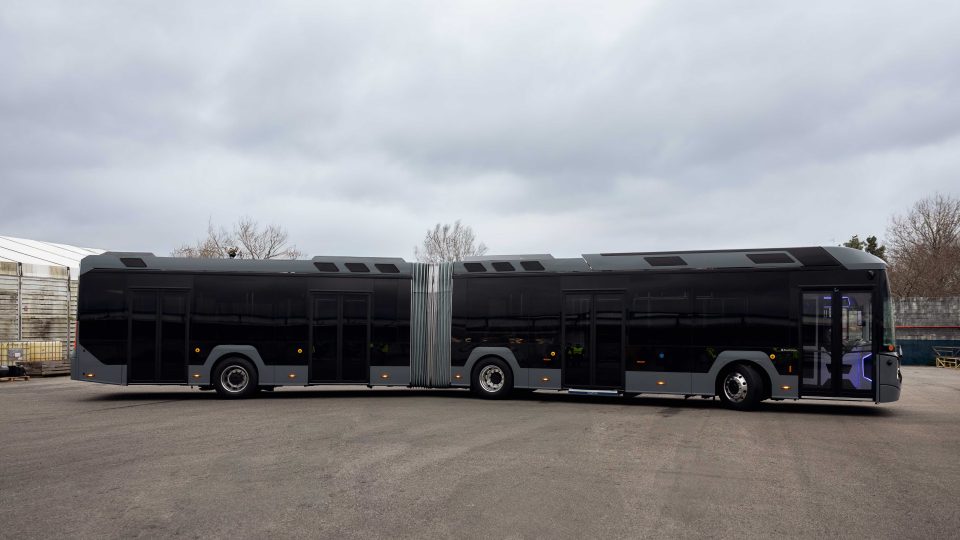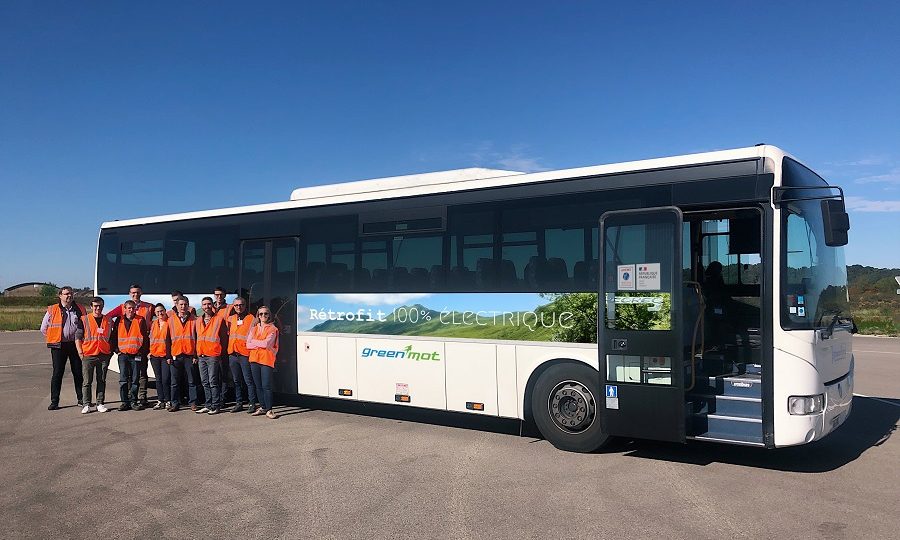Proterra launches new charging solution with focus on large-scale e-bus fleets
E-bus manufacturer Proterra unveiled a new high-powered charging solution designed to enable the electrification of large-scale vehicle fleets. Developed in partnership with Power Electronics, the new Proterra charging systems aim to offer transit agencies and fleet operators a customizable vehicle charging solution. Many power levels for the new Proterra chargers Proterra’s new charging systems can be […]

E-bus manufacturer Proterra unveiled a new high-powered charging solution designed to enable the electrification of large-scale vehicle fleets. Developed in partnership with Power Electronics, the new Proterra charging systems aim to offer transit agencies and fleet operators a customizable vehicle charging solution.

Many power levels for the new Proterra chargers
Proterra’s new charging systems can be configured at a broad range of power levels, the company highlights. For large fleets of vehicles, where customers need to address the challenge of charging dozens or hundreds of vehicles in a single fleet yard, Proterra’s new charging systems can be configured with up to 1.5 megawatts to power up to 20 vehicles simultaneously. The new Proterra 1.5 megawatt fleet-scale charging system can also tie directly into higher voltage utility power lines (up to 35kV) which avoids the footprint and complication of costly switchgear.
The chargers will also be able to meet the needs of smaller electric vehicle fleets, with 75 kilowatt, 150 kilowatt, 250 kilowatt, and 500 kilowatt power levels.
The new chargers utilize interoperable, universal charging technology and are equipped to power a diverse range of 100% battery-electric vehicles, including battery-electric transit buses, school buses, delivery vans, coach buses, and other commercial vehicles. The chargers are also capable of powering personal passenger electric vehicles.
Proterra new chargers available also as overhead systems
The new chargers are available as both overhead and plug-in options. In addition, the systems feature bi-directional power flow that enables chargers to be smart-grid ready for vehicle-to-grid applications. All Proterra systems can incorporate multi-dispensers which can reduce the overall space, cost, and aggregate power levels needed by a fleet yard. When coupled with the 1.5 megawatt charging system, the multi-dispenser capability enables up to 40 vehicles to charge sequentially, one after the other at full power.
Leveraging Power Electronics’ technology, the new chargers have the capability to interconnect with stationary storage and solar to provide fleet operators with a clean, resilient source of power for their vehicles.
“Cities, states, schools, airports, and many more are going all-in on zero-emission transportation. Large-scale charging infrastructure will play a vital role in achieving important transportation electrification goals. Proterra is excited to work with Power Electronics to help fuel this transition with our new, next generation charging systems,” said Proterra CEO Jack Allen.
“We are so excited to join forces with Proterra. This milestone represents a big step for the deployment of the most advanced heavy duty charging infrastructure in North America and reinforces the success of both companies,” said Power Electronics CEO David Salvo.







